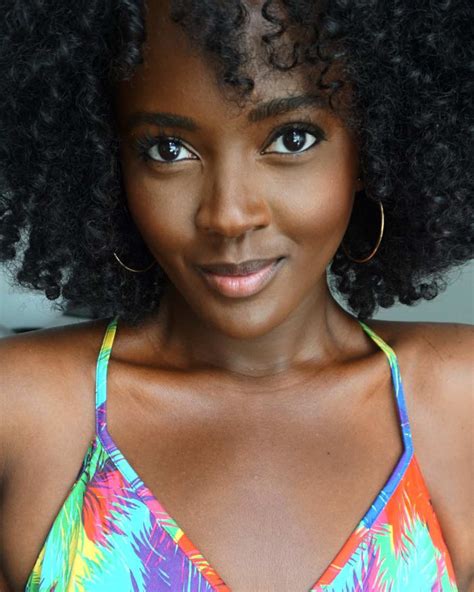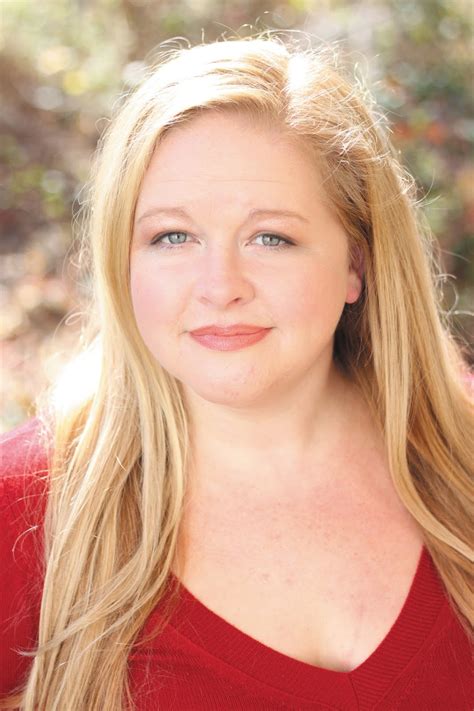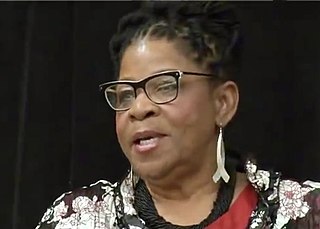A Quote by Aung San Suu Kyi
To the best of my knowledge, no war was ever started by women. But it is women and children who have always suffered most in situations of conflict.
Related Quotes
Women have always been the primary victims of war. Women lose their husbands, their fathers, their sons in combat. Women often have to flee from the only homes they have ever known. Women are often the refugees from conflict and sometimes, more frequently in today's warfare, victims. Women are often left with the responsibility, alone, of raising the children.
Two thirds of the work in the world is done by women. Women own 1 percent of the assets. Young women are sold into prostitution, forced labour, premature marriage, forced to have children they don't want or they can't support. They're abused, raped, beaten up. Domestic violence is supposed to be a cultural problem. They are the first victims of war, fundamentalism, conflict, recession. And young women who have access to education and health care and have resources think that everything was done, they don't have to worry.
I read "Women Heroes of World War I" and was absolutely astonished. When we imagine women serving in the First World War, mostly we think of Red Cross nurses, but here I was reading about women serving as front-line soldiers, women serving as war journalists . . . and women who worked undercover as spies.
We have suffered unnumbered ills and crimes in the name of the Law of the Land. Our men, women, and children have suffered not only the basic brutality of stoop labor, and the most obvious injustices of the system; they have also suffered the desperation of knowing that the system caters to the greed of callous men and not to our needs. Now we will suffer for the purpose of ending the poverty, the misery, and the injustice, with the hope that our children will not be exploited as we have been. They have imposed hungers on us, and now we hunger for justice.
Has knowledge of birth control, so carefully guarded and so secretly practiced by the women of the wealthy class - and so tenaciously withheld from the working women - brought them misery? Rather, has it not promoted greater happiness, greater freedom, greater prosperity and more harmony among them? The women who have this knowledge are the women who have been free to develop, free to enjoy in its best sense, and free to advance the interests of the community.
I have been exposed to a great deal of the issues surrounding PTSD, but what I have learned that is most relevant to my work on Mercy Street is that this illness is timeless. We didn't have a diagnosis for PTSD in the Civil War like we do today, but those men and women definitely suffered from similar psychological wounds as our men and women in uniform do today.
There are many things that black women can continue to do to help black folk. First, black women have historically been among the most vocal advocates for equality in our community. We must take full advantage of such courage by continuing to combat the sexism in our communities. Black women, whether in church, or hip-hop, don't receive their just due. Second, when black women are in charge of child-rearing, they must make ever so sure to raise black children who respect both men and women, and who root out the malevolent beliefs about women that shatter our culture.
Women without children are also the best of mothers,often, with the patience,interest, and saving grace that the constant relationship with children cannot always sustain. I come to crave our talk and our daughters gain precious aunts. Women who are not mothering their own children have the clarity and focus to see deeply into the character of children webbed by family. A child is fortuante who feels witnessed as a peron,outside relationships with parents by another adult.



































